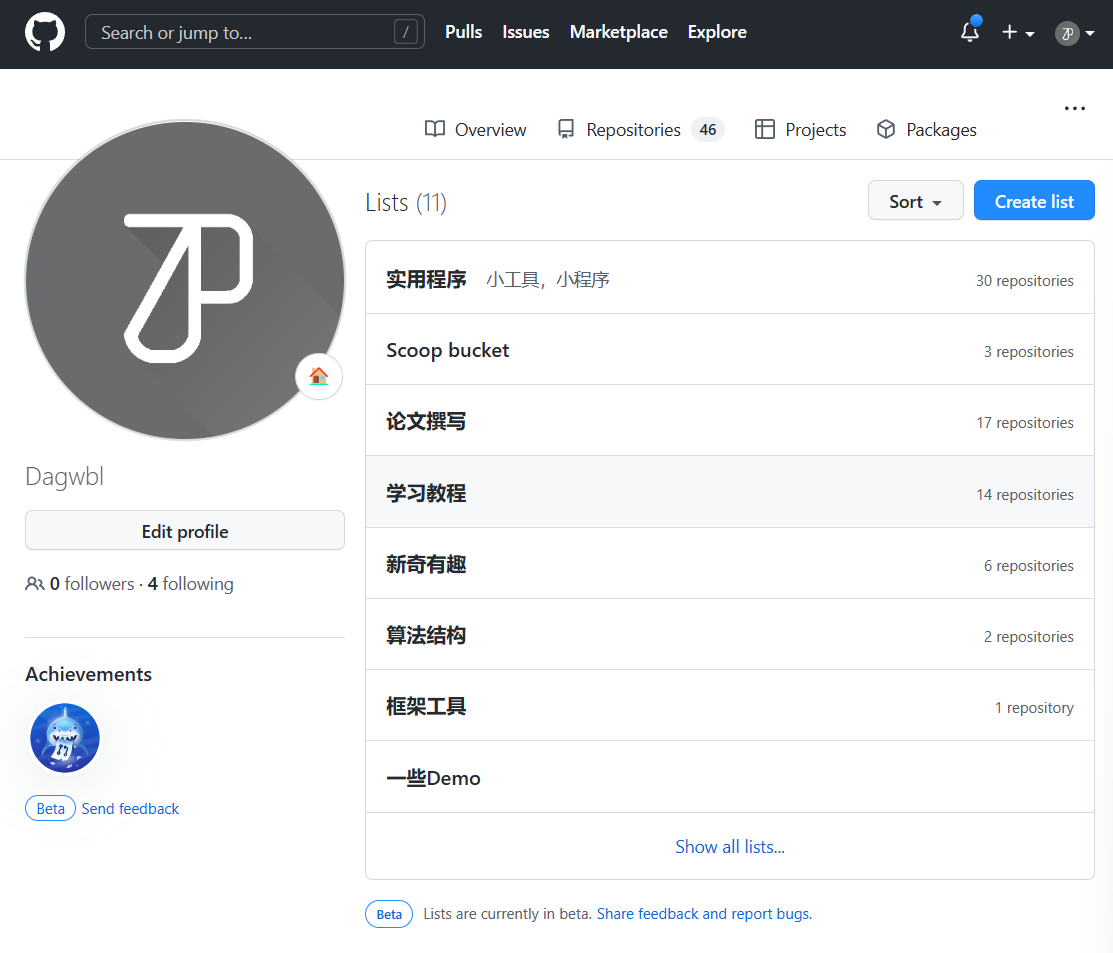About 52PoJie
52PoJie (which means “I Love Cracking” in Chinese) and GitHub are both websites. The URL for 52PoJie is 吾爱破解 - LCG - LSG|安卓破解|病毒分析|www.52pojie.cn. As the name suggests, this is a website focused on cracking (reverse engineering). The community mainly consists of several types of people:
- True technical experts who share various techniques and self-written scripts or programs while also enthusiastically answering others’ questions.
- Learners who come to study these technologies.
- Reposters who redistribute various cracked software.
- Freeloaders who do not contribute to the website’s content but only search for relevant resources when needed.
For a brief introduction to reverse engineering, you can refer to the first part of the following article:
The overall atmosphere of the website is quite harmonious. I belong to the fourth category—freeloaders. For people like me, the site only requires searching and browsing, so there’s no learning barrier unless you aspire to become a technical expert, which is a whole other matter.
About GitHub
GitHub is a groundbreaking website that has made social programming a reality. It is also a development community and the most mainstream code hosting platform on the planet.
Its URL is: https://github.com/
If you’re in certain regions (e.g., school networks), you might need alternative methods to access the site. Additionally, English is the default language for communication.
A domestic alternative with similar functionality is https://gitee.com/.
Anyone can create repositories on GitHub and choose whether to make them public. Repositories are typically used to store code files, but they can also hold other documents—for example, I store my graduation thesis in a private repository. One of its core features is version control, though this can be ignored if you’re not actively developing.
Since most well-known repositories are public (and it’s their openness that makes them famous), anyone can easily view the source code of public repositories. This transparency means malicious code is rare, and the community is generally harmonious, consisting of people from all over the world.
The user base here is mainly divided into two groups: contributors and freeloaders. Veteran freeloaders often evolve into contributors. I fall into the category of a “contributor with little contribution,” while many others here are highly skilled.
First, we must learn to be competent freeloaders—meaning we should learn to utilize the resources available. Fortunately, this is simple: just use the search bar.
I’ve bookmarked many repositories created by others:

Of course, truly mastering everything is impossible because GitHub is not static—new content is contributed daily, making it a constantly evolving platform. The concept of lifelong learning is deeply embodied here.
Since you’re not by my side, I can’t give you a detailed explanation. For this kind of thing, it’s better to have a concrete example or a specific goal to work toward—that way, you’ll gain a more hands-on understanding and a deeper personal experience.